Photographs: Reuters Rajesh Kumar Singh and Mayank Bhardwaj in New Delhi
It's been more than a month since Nirmala bought fresh tomatoes.
A fourfold rise in prices since early June has made the essential ingredient in Indian curries and sauces a luxury she can no longer afford.
"Buying tomatoes feels like buying jewellery," says the 29-year-old maid, who is struggling to make ends meet on her monthly pay of $l65 as prices for fresh staples such as onions and potatoes also soar in New Delhi.
Prime Minister Narendra Modi's election triumph in May had raised hopes of quick action to tackle India's recurring food price shocks.
But, despite his strong economic record of running Gujarat, he has resorted to an old inflation playbook that contributed to the last government's crashing defeat.
Just like his predecessor, Modi has imposed export curbs and cracked down on hoarding.
While these steps can give brief relief, they cannot fix a dilapidated system controlled by middlemen.
Please . . .
Modi sticks to failed recipe in India's food-inflation fight
Image: Prime Minister Narendra Modi.So far, the cash-strapped government has committed to invest less than one-tenth of the amount it estimates is needed to fix India's cold supply chain.
It opposes the entry of foreign supermarket giants who might set up their own logistics.
Its only innovation, a food price stabilisation fund, is at $82 million derided as too tiny to make any difference in feeding the country's 1.2 billion people.
Economists who had backed Modi to put Asia's third largest economy back on track are already expressing unease at the government's failure to lay out a credible inflation strategy, beyond short-term improvisation.
Modi's approach is that of a 'district collector' rather than a structural reformer, said Rajiv Kumar, a senior fellow at the privately-funded Centre for Policy Research in New Delhi.
The reference is to India's army of low-level officials whose role -- dating to British colonial rule -- includes being a local tax man and administrator.
"This is my fear about this government - that it is being captured by the bureaucrats," Kumar says. "Competition is the best short-term guarantee to reduce prices."
Please . . .
Modi sticks to failed recipe in India's food-inflation fight
Image: A vegetable market.Photographs: Reuters
CHRONIC SHORTAGES
Officials privately concede that inward investment in multi-brand retail would help revamp an archaic distribution system that forces farmers to sell at regulated markets where middlemen command hefty markups.
India is the world's second-biggest producer of fruit and vegetables after China, but it battles chronic shortages as an estimated 18 percent of the crop goes waste every year due to inadequate cold storage and refrigerated transport facilities.
New Delhi estimates it needs to invest $9 billion in the cold supply chain by March 2016 to handle growing output of fruit and vegetables.
That is more than 10 times the $822 million allocated in Modi's maiden budget last month, and far more than the government can afford.
Please . . .
Modi sticks to failed recipe in India's food-inflation fight
Image: A vegetable vendor.Photographs: Danish Siddiqui/Reuters
The South Asian nation has 6,300 cold storage facilities with capacity of 30 million tonnes, barely half its needs, the National Horticulture Board estimates.
Annual retail inflation has averaged about 9.5 percent since January 2012, when the government started its latest data series. In the same time, vegetables have gone up by 64 percent.
"Last year, it was onion; this year, it is tomatoes; next year, it will be something else," says Nirmala.
"Every year the story remains the same."
Onion prices surged last year as high as $1.60 a kilogramme, making them more expensive in India than in the United States, where incomes are roughly 35 times higher.
Please . . .
Modi sticks to failed recipe in India's food-inflation fight
Image: RBI Governor Raghuram Rajan.Photographs: Reuters
SAPPED CONSUMER APPETITES
Economists say curbing runaway food prices will be vital if India is to achieve a broader revival from a two-year-old slowdown in growth. Food bills devour 35 percent of household incomes, sapping appetites for discretionary spending.
Prices for fresh produce also are causing indigestion at India's central bank, which wants to reduce retail inflation to 6 percent by 2016.
The Reserve Bank of India held rates on Tuesday, citing the risk that inflation could get higher due to weak monsoon rains needed for summer crops to grow.
Abhijit Sen, an adviser to the last government, says only a combination of more cold stores and better mobility of food stocks can solve the problem.
But ramping up investments will be a challenge due to stretched government finances.
Please . . .
Modi sticks to failed recipe in India's food-inflation fight
Image: A senior official in the Modi administration defended its inflation approach, saying prices would have risen even more quickly if the government had not taken prompt action as recent extreme heat and dry weather stoked food supply fears.Photographs: Reuters
"That's the situation which this government faces as much as the previous government," Sen told Reuters.
A senior official in the Modi administration defended its inflation approach, saying prices would have risen even more quickly if the government had not taken prompt action as recent extreme heat and dry weather stoked food supply fears.
"We all know the long-term solutions, but they will not solve the problem overnight," he said.
"At the moment, administrative measures are the only recourse."

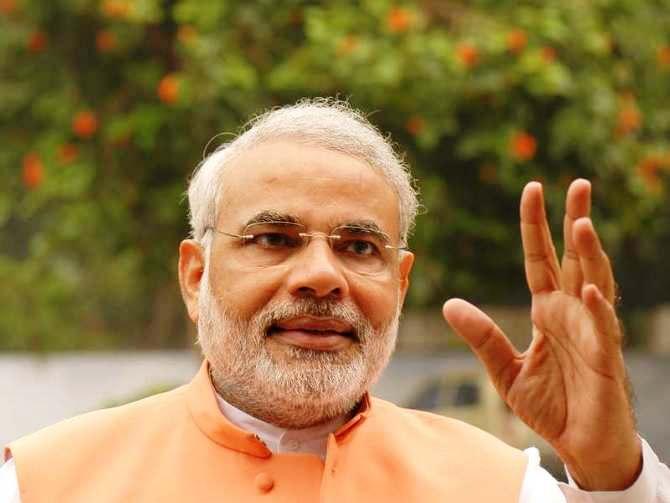
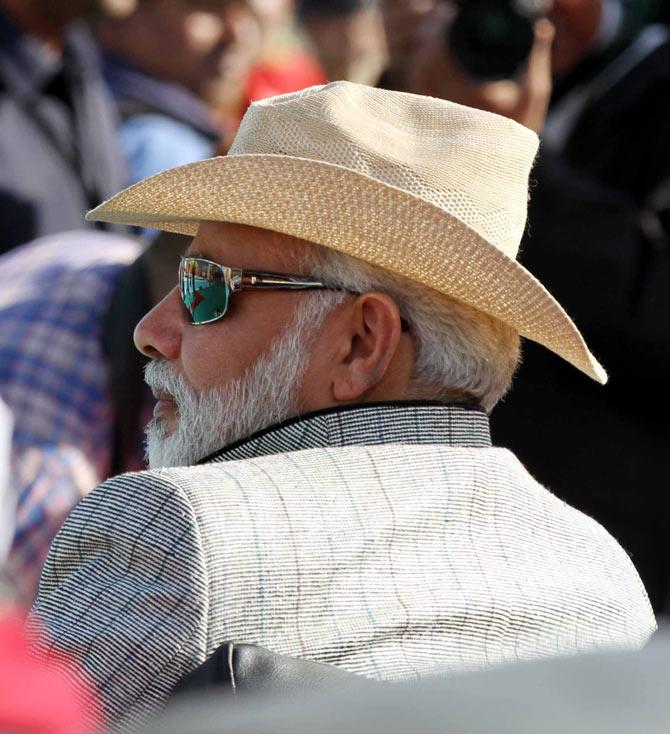
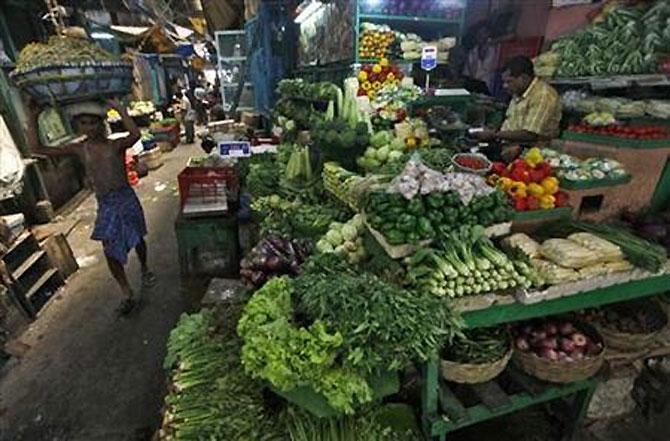
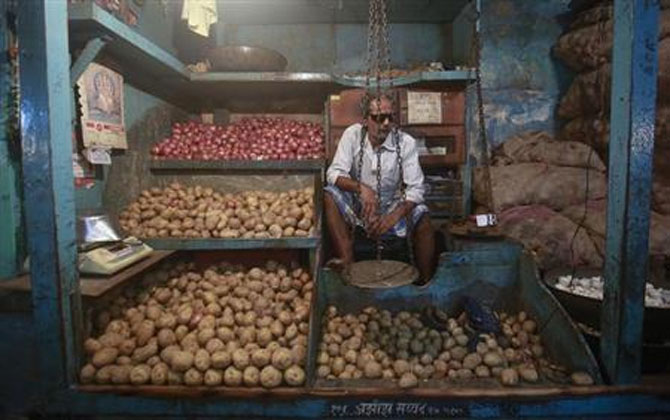
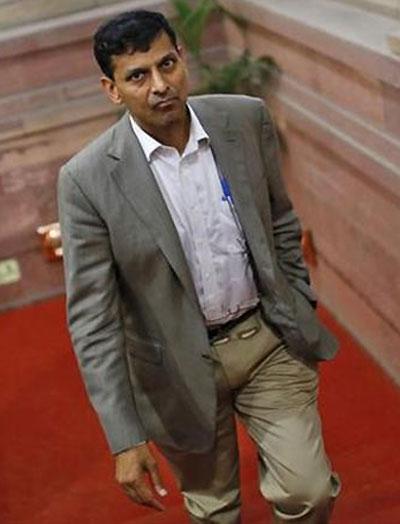
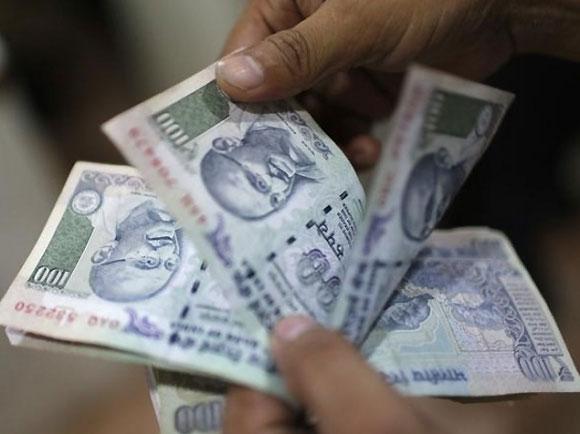

article